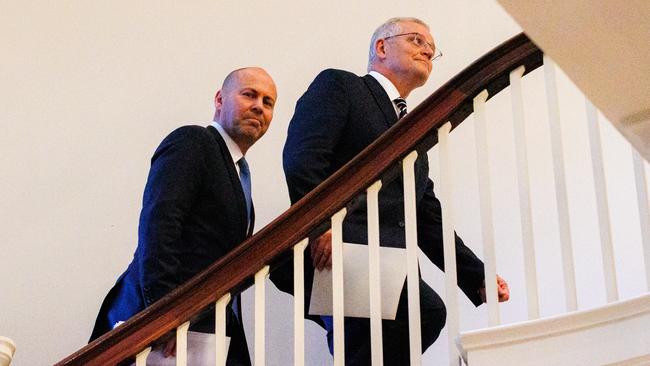
But Labor’s tactical decision to create hysteria around it and blame Scott Morrison for the central bank’s own failure to get ahead of the inflation curve early could just as easily backfire.
While the first rate rise in more than a decade – and the first in an election campaign since 2007 – may not appear to be good news for the Prime Minister or mortgagors, it’s not fantastic news for the Opposition Leader either.
And feverish predictions of doom around a return to a normalised rate settings could have the reverse effect of what Labor is seeking to achieve politically.
Labor Treasury spokesman Jim Chalmers discovered the potential for this type of self-harming overreach when he was forced to quickly retreat from his use of the “Morrison recession” in 2020 when describing the economic downturn during the pandemic.
This was laughed at in voter focus groups at the time.
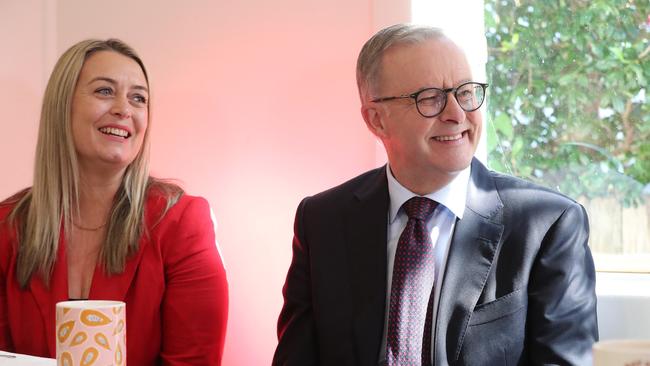
The language Labor is now using in framing interest rates as the third pillar of a “triple whammy”, Morrison-inspired “crisis” has a similar potential to jar with people.
By elevating it as a key platform of attack, Albanese only draws attention to Labor’s own policy prescription. It invites a bigger question as to how Labor would do a better job.
The idea that somehow by electing a Labor government, interest rates would somehow stabilise is fanciful. And in the process of whipping up panic about it, the opposition may very well scare people away from Labor.
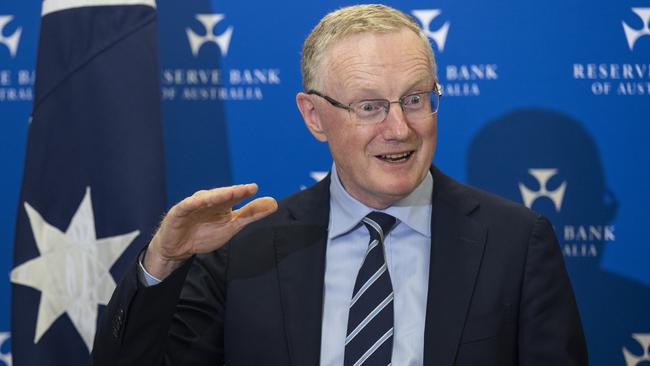
While some homeowners may well be anxious, with a cascade of further rate rises now on the horizon, most will be savvy enough to realise that an emergency cash rate of 0.1 per cent wasn’t going to last. The party had to end some time.
You’d have to have been living alone on a remote Pacific atoll to have been surprised by this.
The risk for Albanese is that fuelling anxieties will only add to an electoral fear of the unknown.
According to one Labor MP, it shouldn’t be forgotten that six of the seven most mortgage-heavy electorates are held by Labor.
If Morrison gets the language right, uncertainty over economic conditions could further expose Albanese’s small-target strategy which has left Labor without a comprehensive economic strategy of its own to deal with the problems on which it now seeks to capitalise.
But then again, this is all predicated on an assumption that the Coalition can carry the political argument.
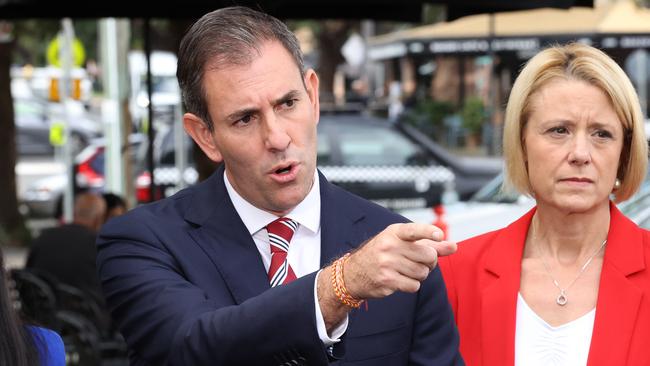
Morrison is unlikely to try to steer away from this topic over the coming days in the belief that it is a good space for him to be in. The Prime Minister may not be popular, but Labor would wrongly assume that a lot of voters don’t give credit to the government for protecting their jobs and small businesses during the worst days of the pandemic. While Labor sees it as more grist for the mill in its attacks on Morrison personally, in doing so it draws attention to its own lack of remedial policy.
The Prime Minister on the other hand is trying to build a platform based on a sentiment that the government got Australians through the last crisis – so they will get them through the next.




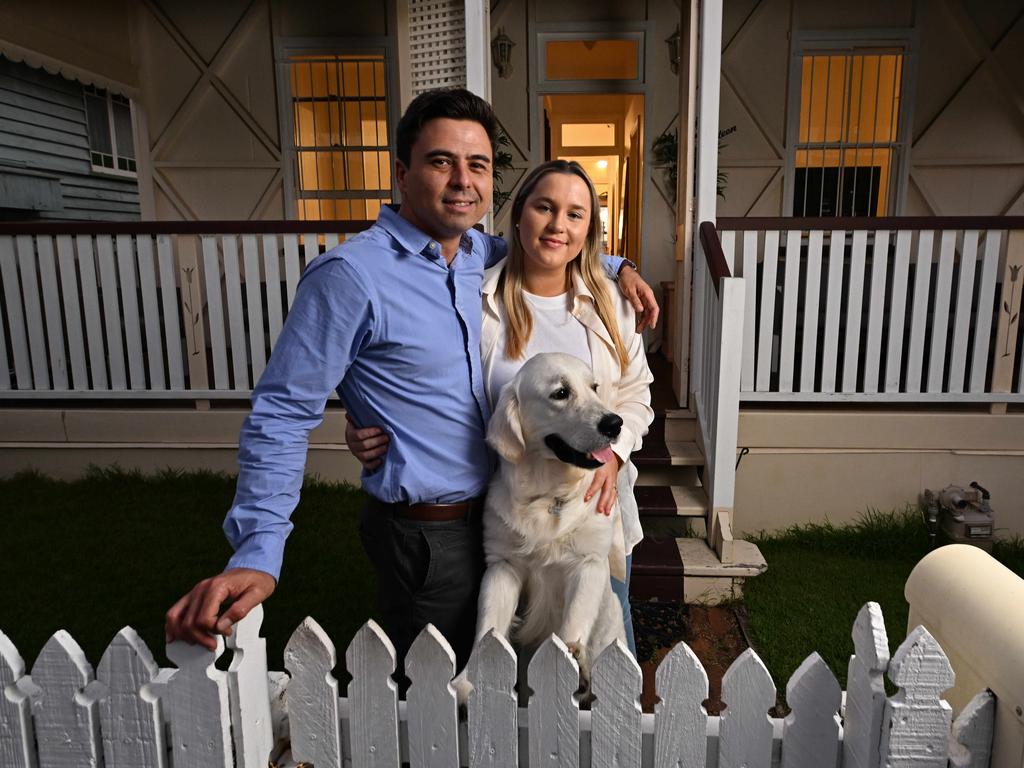



Aside from Anthony Albanese catching Covid, an interest rate rise was probably the next most predictable thing to have happened during the election campaign.